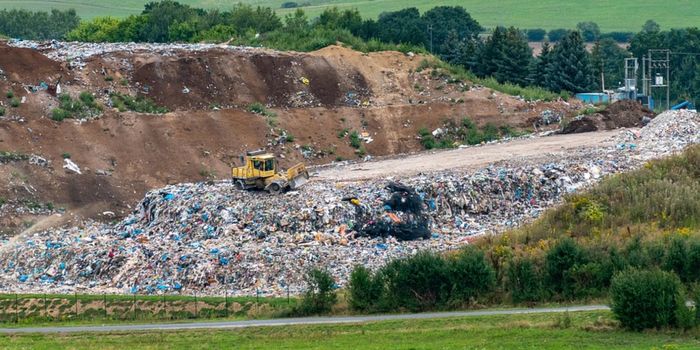Here we go again: record level carbon emissions in 2019
A report from researchers collaborating to produce the annual Global Carbon Budget has found that 2019 will break record levels of carbon emissions…again. Global levels rose 0.6% from last year, according to the report, which was published in Earth System Science Data.
Of that number, the biggest culprits in terms of increased output were China and India (even though their emissions actually ended up being lower than anticipated). While US emissions are estimated to decrease by 1.7% compared to 2018 levels and coal production is predicted to drop by approximately 10%, the nation’s withdrawal from the Paris Agreement is of grave concern to the world as a whole because the US is still one of the biggest carbon emitters.
“The science is clear, CO₂ emissions need to decrease to net-zero globally to stop further significant warming of the planet,” Pierre Friedlingstein, a professor at the University of Exeter and the report’s lead researcher, said in a statement.
Highlights from the report explain that while the growth rate in atmospheric CO2 concentration in 2019 is near the average of the past decade (due to El Nino conditions), it shows a general upslope in comparison to past decades because of continued increasing carbon dioxide emissions. “Atmospheric CO2 concentration reached 407.4 parts per million in 2018 on average, and is projected to increase by 2.2 ppm in 2019 (+1.8 to +2.6 ppm) to reach 410 ppm averaged over the year,” states the report. “Atmospheric CO2 concentration in 2019 are 47% above pre-industrial levels.”
Although it is clear we are not acting in a severe enough way quickly enough, the 0.6% increase is a slower rate of increase than in past years. In 2017, there was a 1.5% rise in emissions from the previous year; in 2018 a 2.1% rise. Another slightly bright note is the beginning of a decline in coal seen worldwide as the transition to natural gas and renewable energies speeds up.
Representatives from around the world are currently meeting this week in Madrid for COP25 where they plan to discuss the actions and commitments needed from individual countries as detailed in the Paris Agreement.
Sources: Earth System Science Data, Global Carbon Budget, Mother Jones, The Guardian









